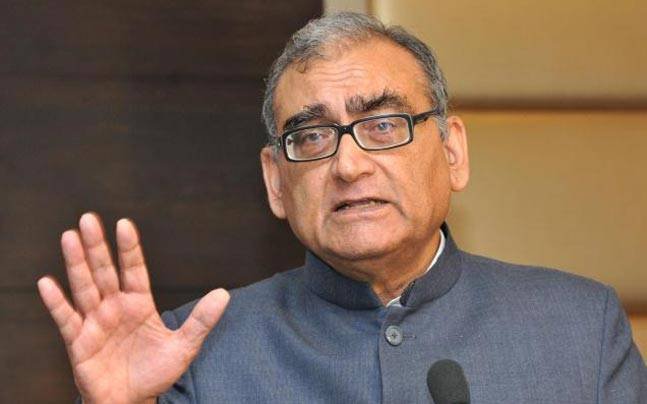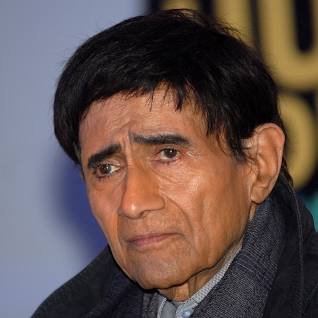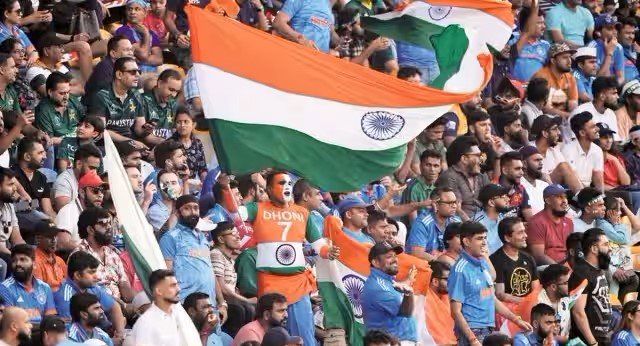Justice Katju Urges Unity Among Indians to Propel Rapid Industrialization and Overcome Divisive Forces
How could 100,000 Britishers, who came from far away, conquer and rule over 350 million Indians during the British Raj ? This happened for two reasons (1) Indians were technically backward (2) We were divided. Presently we have no dearth of technical talent. In fact Indian IT engineers are largely manningContinue Reading







